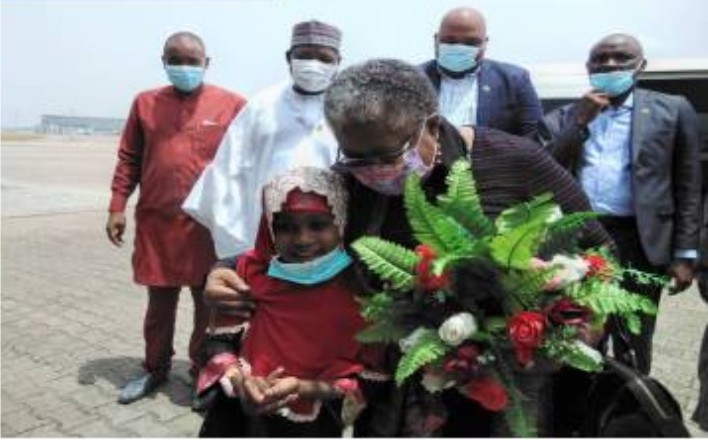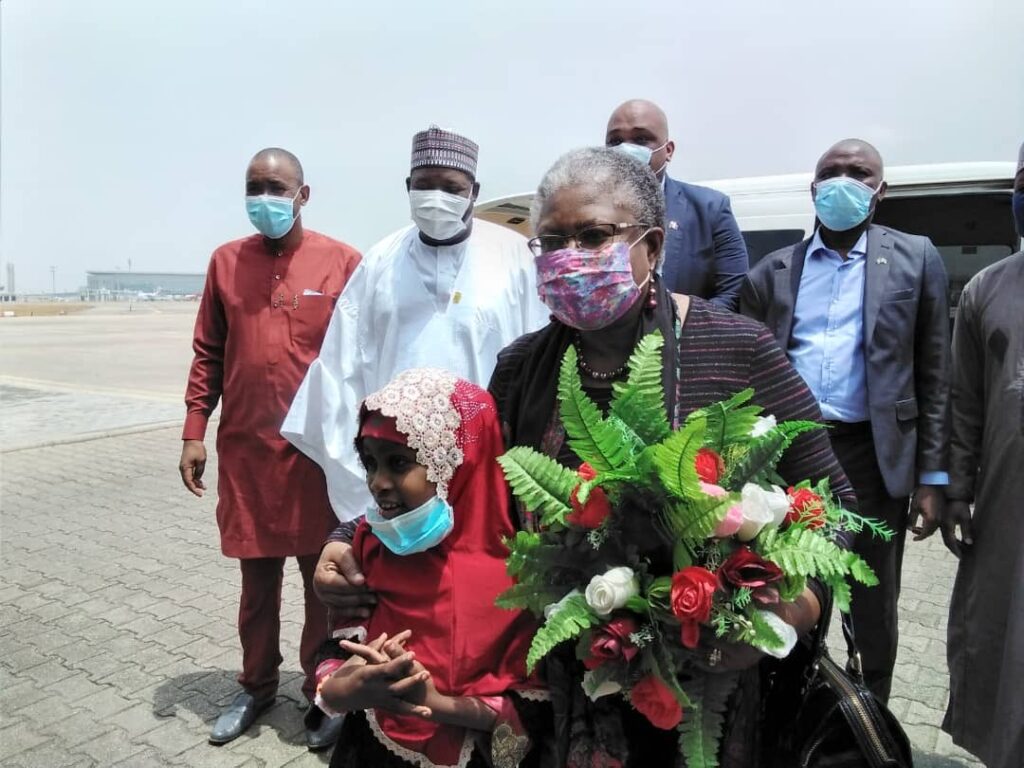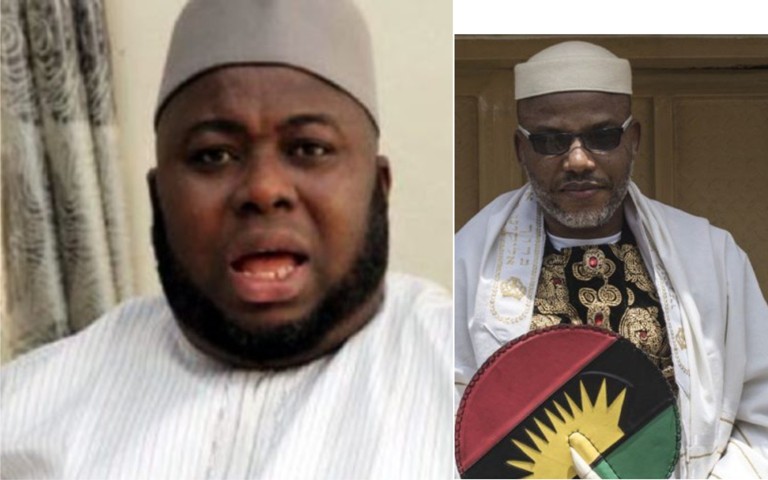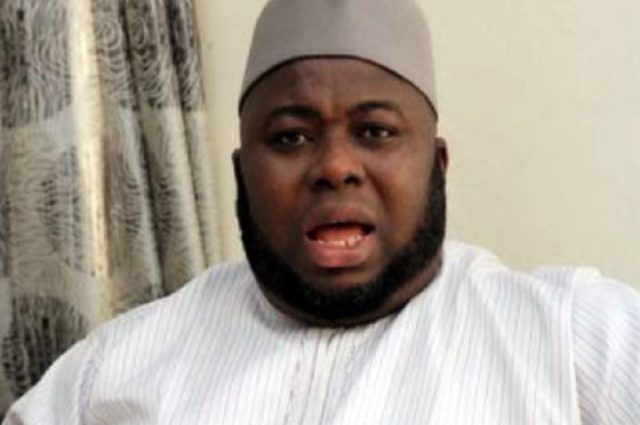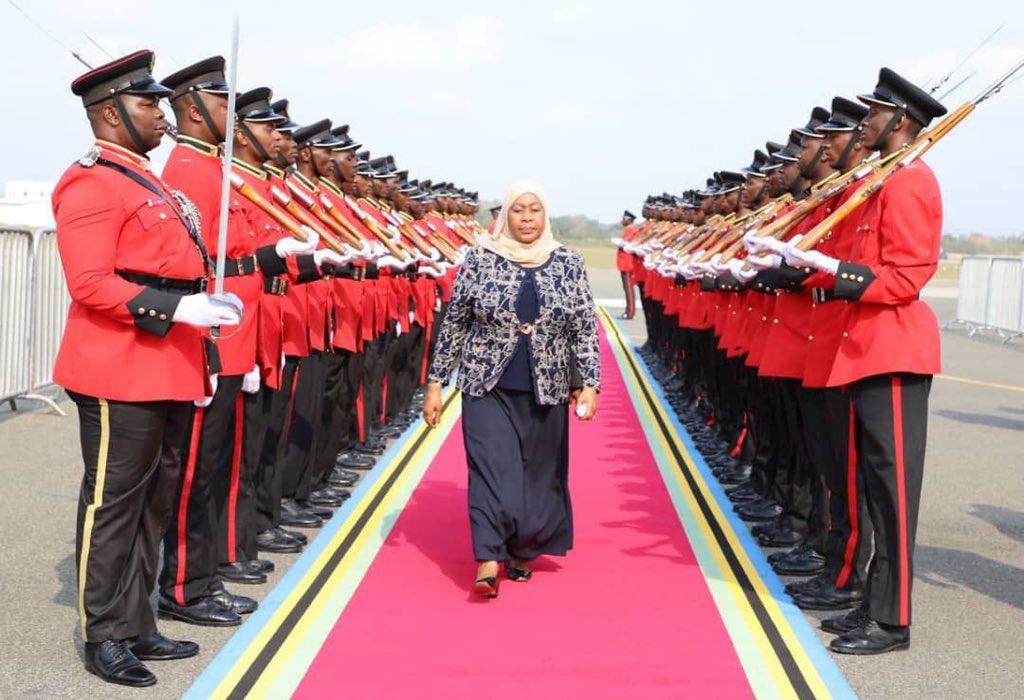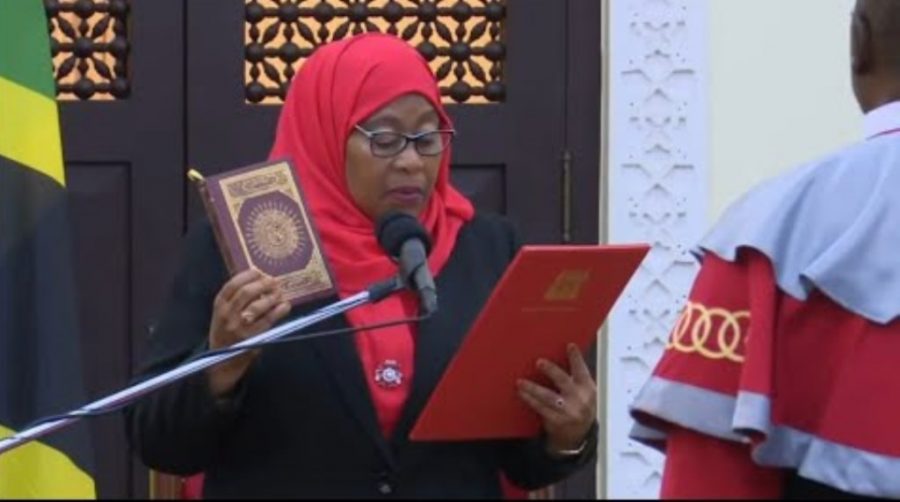Developing a robust culture of protecting copyrights is key to ensuring intellectual property in Nigeria.

BIOGRAPHY
Theophilus Emuwa is the Managing Partner and head of the Corporate and Commercial Practice Group at AELEX. He is admitted to the Bar in England and Wales, Nigeria, and Ghana. His practice is focused on corporate and commercial law and taxation, where he has over 30 years' experience. He draws on his multifaceted background of law and engineering to provide insightful advice to the firm's clients on transactions and also on tax matters. He was for many years chairman of the Tax Committee of the Section on Business Law of the Nigerian Bar Association. He is also a fellow of the Chartered Institute of Taxation of Nigeria.
What are AELEX's key areas of business in Nigeria today?
The most active are disputes, which include arbitration and tax litigation. We also cover M&As, which are particularly busy. In 2019, we closed on a couple of interesting transactions. There was one involving The Coca-Cola Company acquiring a local juice manufacturer, which took about three years to close. We also worked for a PE firm that was acquiring assets from another such firm. In our firm, the number of lawyers has grown. A year ago, we had nine partners, while now we have 11. We also have more associates. We hope the economy continues to grow to help us sustain our current size.
How do you remain competitive in a field where there is not much specialization?
You start by looking at the clients you provide services to, as opposed to what practice area you want to be active in. Different clients have different needs, and they avail themselves of the firms that best service those. In order to service clients, I need the full complement of skills and services. You are not always just selling a certain service, but a package of services. There are areas of strength, and in these areas, we can differentiate ourselves. We have a reputation in certain areas, which we can leverage to sell those services and familiarize our clients with the general quality of our offering. Corporate relationships allow us to offer numerous services across many service areas.
What involvement has AELEX had in the entertainment industry to date, and what sectors offer greater business potential for law firms tomorrow?
We have had some involvement through deals in television, for example. Entertainment is an area that requires much thought about potential clients. Providing services to corporations is different from providing them to the individual, because the corporation has layers to deal with. With an individual, you have to do a bit more hand holding. Our clients are more corporations than individuals, but individuals in entertainment are making the money. We have to get them to appreciate that there is value in our services.
What would you recommend producers, musicians, and artists do in Nigeria to protect their intellectual property?
People need to understand that protecting intellectual property is worth their while. Copyrights are particularly important for the arts, and protecting it when someone infringes on it requires money to challenge it. In many countries, there are collecting societies that act on behalf of artists. Artists join a collecting society and its task is to discover who is violating copyrights and then challenge those individuals or corporations. The collecting societies in Nigeria have challenged major companies for using property they have not paid for. This is one way to protect these rights, but people need to understand the importance of this. Bit by bit, the knowledge and structure is being developed to better protect these rights across the industry. In Nigeria, every artist seems to think that they should set up their own recording company, and this means that it is difficult to aggregate. We have not seen this critical mass develop yet. If you get big enough, you can have enough cash to invest in smaller players or artists when they are still in their infancy. The absence of this keeps the industry from really developing.
What is your outlook for 2020?
At the end of the day, we are service providers. Someone has to want what we are selling. Companies must be doing business and needing legal services for us to continue flourishing. If the economy is not doing so well, then fewer people will be doing business or looking for legal services. This year, we are hoping that election uncertainty will have passed, and we will be able to look forward to a clearer picture. There is more clarity concerning budgets, so we hope there will be more funds available to finance activity, which will translate into greater stability and opportunity.
